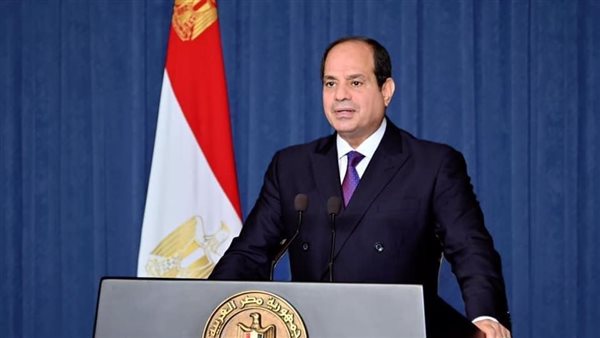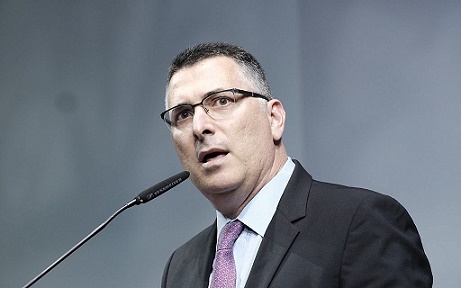Egypt Hosts Arab Summit: Key Developments
In a move reflecting the growing attention to the Palestinian issue, Egypt announced hosting a pivotal Arab Summit in March 2025, with extensive logistics to ensure strategic dialogue.
Published February 19, 2025 - 00:02am

Image recovered from shorouknews.com
The Middle East stands at a crucial juncture as Egypt prepares to host an emergency Arab Summit on March 4, 2025, aimed at addressing the developments regarding the Palestinian issue. This strategic gathering, set in Cairo, underscores Cairo's pivotal role in mediating Middle East politics, especially concerning Palestine and the widely debated topic of Gaza.
Reports from the Egyptian Ministry of Foreign Affairs confirm that the summit was previously slated for earlier, aligning with schedules fixed by Bahrain, the current head of the Arab League Council at the summit level. However, due to logistical alignments and the necessity to ensure full participation by Arab leaders, the event's date was recalibrated. Egypt, through diplomatic channels, ensured comprehensive coordination with Bahrain and other Arab states to set a mutually agreeable timeline.
Analysts point out that the primary focus of the summit is to set a coherent and unified Arab stance on the ongoing Israeli-Palestinian conflict. The situation in Gaza, a persistent flashpoint, figures prominently on the agenda. Insights from various diplomatic sources suggest that recent exchanges about the potential relocation of the Gaza populace by international powers have rekindled concerns among Arab states.
Indeed, Egyptian President Abdel Fattah al-Sisi has articulated a comprehensive plan to rebuild Gaza without displacing its current residents, a sentiment echoed during interactions with influential figures like World Jewish Congress President Ronald Lauder. However, apprehensions arise from the American proposition of resettlement, which many Arab nations openly oppose, as it threatens regional stability.
The summit also aims to address the broader context of international policies concerning Palestine. The international community, especially European allies and the United Nations, watches attentively as Arab nations consolidate efforts to present a robust counter-narrative to any proposals perceived to undermine Palestinian rights.
Furthermore, Assistant Secretary-General of the Arab League, Hossam Zaki, has expressed the intention to galvanize Arab solidarity against any forced relocations from Gaza. According to some observers, Zaki's comments underline an intrinsic aim of the summit: to showcase a united Arab front that stands firm on its geopolitical and humanitarian principles.
The dialogue extends beyond mere resolution. It involves crafting a strategic route for post-conflict reconstruction and long-term peace establishment in Gaza. Discussions are expected to draw on expertise from financial and infrastructural fields, bringing new stakeholders into the conversation.
Local reactions within Palestine reveal diverse perspectives. Some view the summit as a beacon of hope, potentially elevating the conditions in Gaza. Others, however, remain skeptical, citing historical precedents where regional agreements fell short of tangible change.
As March approaches, international observers prepare for discourse that might reshape narratives around the Middle East conflict. The alignment of key Arab states, their international interludes, and the engagement with pivotal players like the United States will likely dominate diplomatic discussions.
Egypt's hosting of such a significant political congregation underscores its status as a diplomatic hub in Arab politics. Cairo, through this event, reaffirms its commitment to fostering dialogue that seeks peace and stability in the volatile Middle Eastern political landscape.







